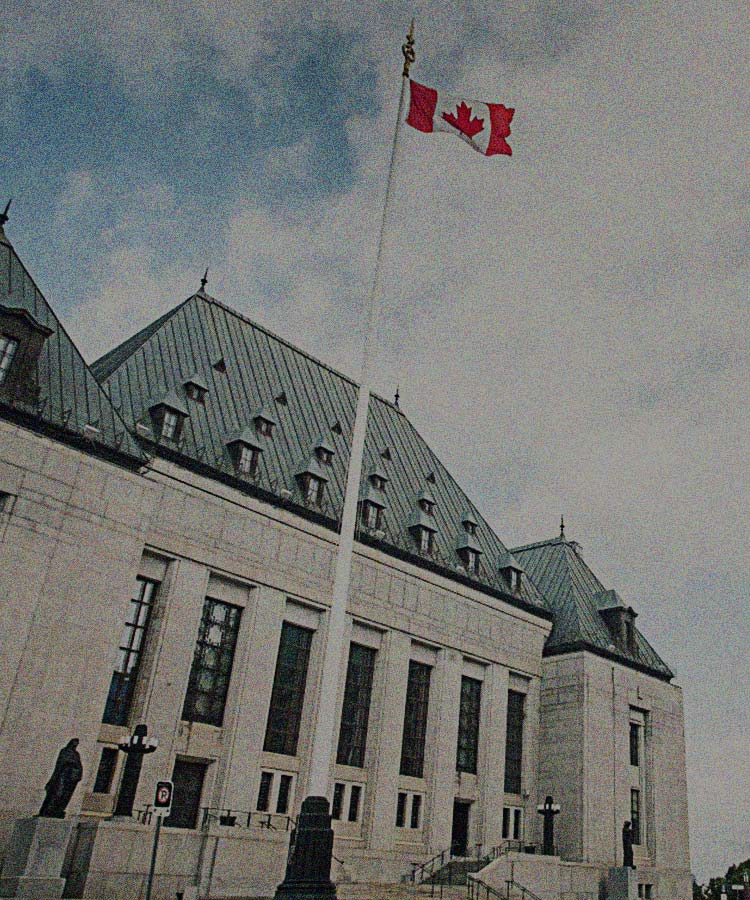People in Canada need their representatives to remain free and unfettered in their ability to hold the executive to account. To that end, freedom of speech and debate in Parliament is the most important right accorded to parliamentarians. Complete immunity from prosecution for parliamentary speech empowers independent and minority-party parliamentarians to proceed fearlessly and without interference in acting as a meaningful check on executive power.
The Alford v Canada case raises technical questions about parliamentary privilege and Canada’s national security regime. Under normal circumstances, statements made by members of parliament in the House of Commons or Senate would not be subject to prosecution because they are protected by parliamentary privilege. Section 12 of Canada’s National Security and Intelligence Committee of Parliamentarians Act (NSICOP Act) eliminates this privilege in certain circumstances. Professor Ryan Alford, a law professor at Lakehead University’s Faculty of Law, is challenging the Act. He argues that section 12 improperly removes parliamentary privilege from members of the NSICOP and that this can only be done with a constitutional amendment.
The question is whether Parliament’s authority to “define” parliamentary privilege under section 18 of the Constitution Act, 1867 permits legislation that exposes the exercise of parliamentary privilege to judicial review, thereby exposing parliamentary minorities to external pressure that could silence their voices in Parliament. CCLA is intervening to highlight the urgent need to safeguard the purpose and function of parliamentary privilege, and to protect the ability of parliamentary minorities to discharge their constitutional duty of holding executive power to account. Our elected representatives on a committee to oversee our national security agencies should have the ability to “blow the whistle” in parliament if they find glaring problems or illegality.
You can read CCLA’s factum here.
CCLA is grateful for the excellent pro bono assistance of Gannon Beaulne and Sidney Brejak from Bennett Jones LLP.
About the Canadian Civil Liberties Association
The CCLA is an independent, non-profit organization with supporters from across the country. Founded in 1964, the CCLA is a national human rights organization committed to defending the rights, dignity, safety, and freedoms of all people in Canada.
For the Media
For further comments, please contact us at media@ccla.org.



